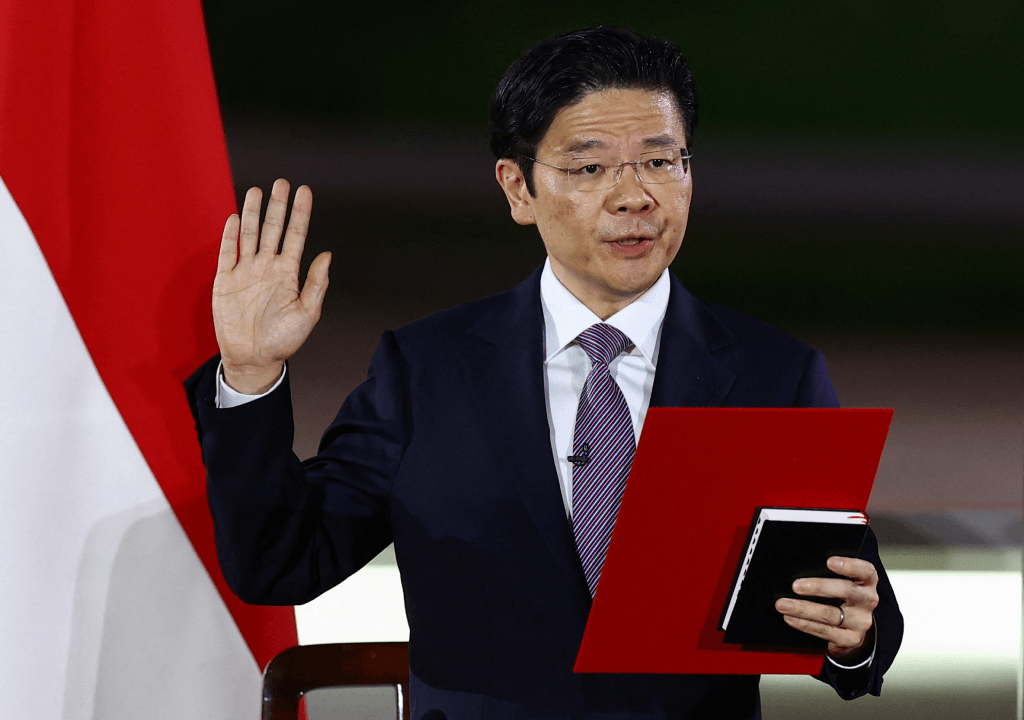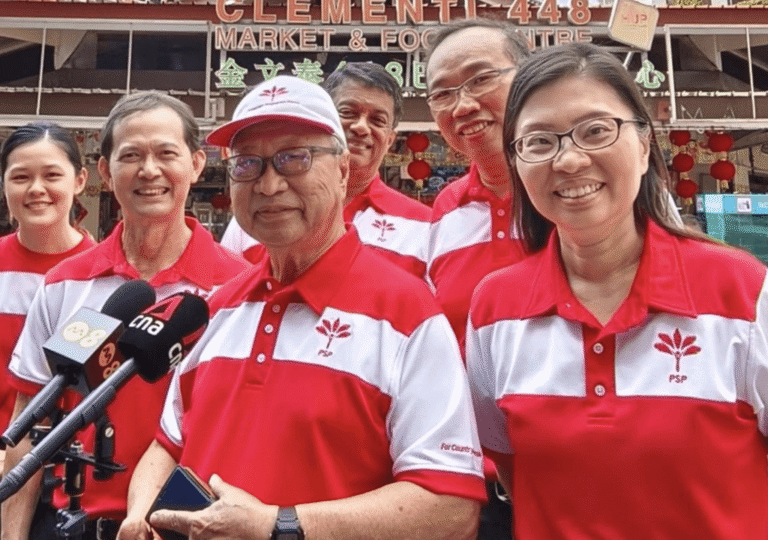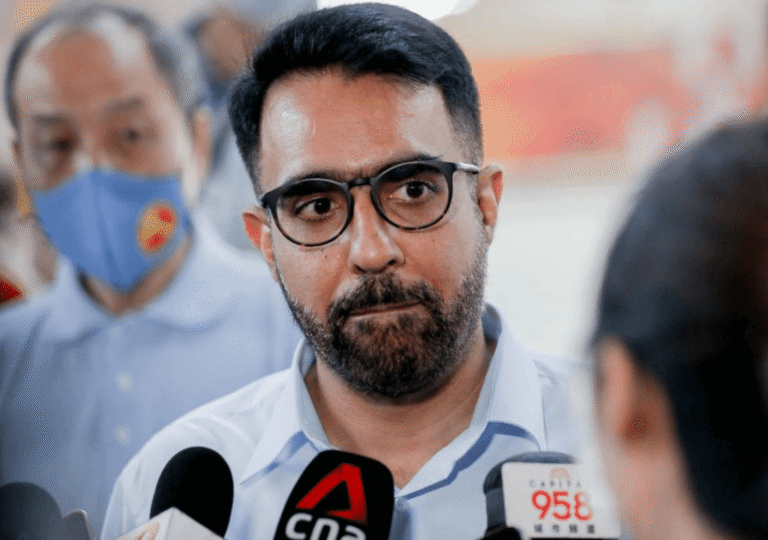While there is one more year left before the next general election, Singapore’s long-serving Prime Minister Lee Hsien Loong stepped down on Wednesday and handed power to his deputy, Lawrence Wong. This marks the first change of leadership in the Southeast Asian city-state in two decades. Lee has been Prime Minister since 2004, overseeing economic growth in one of the world’s wealthiest countries. He helped Singapore capitalize on the liberalization of the global economy through trade, particularly in finance and financial services. Throughout the turbulent years marked by power politics in the region, Lee’s leadership helped to maintain their policies, showcasing their stability and reputation to the world. His resignation was expected, as the 72-year-old had expressed his desire for retirement many years before, but the carefully managed transition was delayed due to the pandemic. Lawrence Wong, the new Prime Minister from the same ruling party, the People’s Action Party (PAP), has emphasized continuity with Lee Hsien Loong’s legacy.
Lawrence Wong, 51 years old, is a US-trained economist and former civil servant who first entered politics in 2011. He comes from a more humble background than his predecessors, who were members of dynasties. The outgoing prime minister, Lee Hsien Loong, is the son of Lee Kuan Yew, widely regarded as the founder of modern Singapore. Wong is the second leader who does not hail from the founding Lee family. He grew up, like most Singaporeans, in public housing and did not attend an elite school. Wong was inaugurated in a ceremony on Wednesday night. The fourth prime minister to lead Singapore, he is the first leader born after the country’s independence in 1965. By leading one of the world’s wealthiest states, he will receive a substantial S$2.2m (US$1.6m) salary. Wong has proven his administrative skills by managing the country’s response to the pandemic. However, he is taking office at a challenging time for the city-state, with growing domestic concerns about the cost of living, inequality, shrinking birth rate and immigration.
Although there are numerous challenges, when the global order breaks down, foreign policy poses the biggest challenge. The South China Sea, adjacent to Singapore, is becoming increasingly volatile due to China’s aggressive actions and the responses from the United States. The world’s largest economies are face to face here. Singapore’s main ally, the United States, contributes almost 20% of its total foreign direct investment and maintains military linkages with the country. Additionally, Singapore hosts the Asian headquarters of many European and American businesses. At the same time, Singapore has an ethnic connection with China, as the largest ethnic group in Singapore is Chinese, and China is Singapore’s largest trading partner. Singapore conventionally maintains a delicate balancing act between these two powers, but the rivalry and potential tension will likely impact Singapore as well. As tension escalates in the region, choosing a side will not be easy for Singapore. Both countries are important. Highly dependent on foreign trade, Singapore finds itself vulnerable to instability in the region. The country is heading into a period where there is less global interest in economic integration, evident from the increasing disconnect between the US and China. It’s unclear how Prime Minister Lawrence Wong will adapt to the new challenges facing Singapore.
Wong would probably seek to make incremental changes to the political system before the General Elections, which are due to be held before November 2025. The PAP, which has been in power since 1959, was recently rocked by a rare corruption scandal, which has had a “Humbling Effect” on the party, though it has not proved fatal. There is also a desire among younger voters for a change in the style of leadership in Singapore, in favor of something less paternalistic and with more diversity of voices. Lawrence Wong has sought to present himself as a more relatable politician unlike his predecessors over recent years, even posting a video of himself on social media playing guitar to Taylor Swift’s Love Story. Many believe he is following the strategies of neighboring Indonesian presidents and Indian prime ministers by using social media wisely to engage with the youth. So, Welcome Wong, to a not an easy job.







